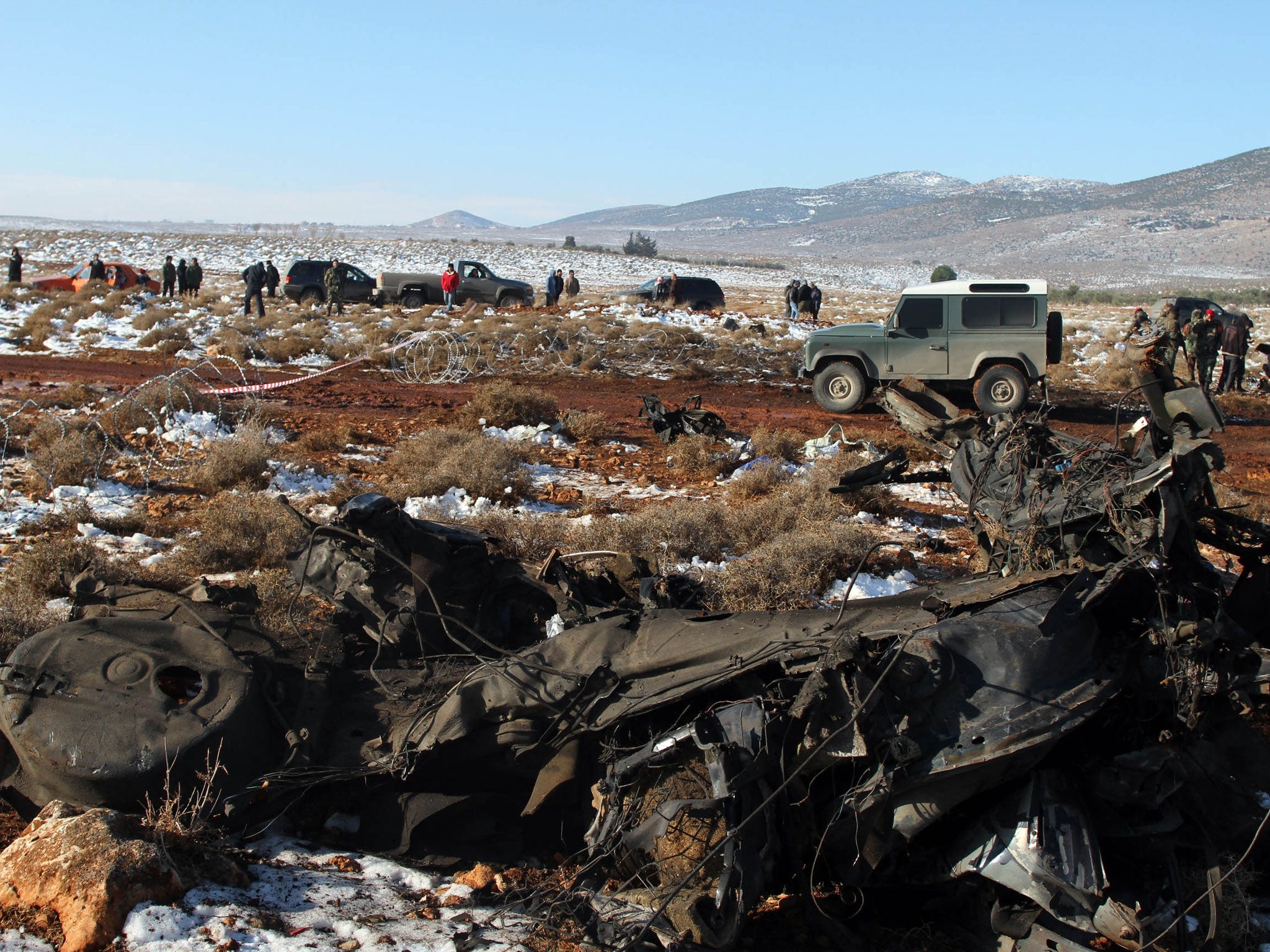Lebanese army fires on Syrian helicopters ‘for violating airspace’
Officials say the Syrians were chasing rebels who were trying to sneak into Lebanon

The Lebanese army has fired on Syrian aircraft that violated the country’s airspace, the first time they have done so since Syria’s uprising broke out three years ago.
The move suggests Beirut is trying to enforce greater respect for its borders in the hopes of slowing the expansion of the conflict into Lebanon, where it has exacerbated sectarian tensions and prompted shadowy groups to conduct attacks that have killed dozens this year.
Lebanese officials said the military fired anti-aircraft guns at two Syrian helicopters after they fired four projectiles in a mountainous area close to the eastern Lebanese town of Arsal.
Syrian aircraft have frequently conducted strikes near the frontier and sometimes fire has hit Lebanon. Beirut has protested but not shot at them. The officials spoke on condition of anonymity as they were not authorised to speak to the media.
A Lebanese military official could not confirm the report, but said the army has orders to shoot anything – planes, tanks or troops – that violated Lebanese territory. There was no comment from the Syrian government.
Other officials said the Syrians were chasing rebels who were trying to sneak into the country. Lebanon’s border towns dominated by Sunni Muslims have become safe shelters for rebels battling the rule of Syrian President Bashar Assad. Syria’s three-year conflict has become increasingly sectarian as it wears on. The rebels are largely from the Sunni majority. Religious minorities, including Shias, support Assad or have remained neutral, fearing for their fate if Muslim hardliners come to power.
Those loyalties are reflected in Lebanon where Sunnis generally support the rebels, and Shias support Assad. The Lebanese Shiite group Hezbollah has sent fighters to Syria to shore up Assad’s forces, adding to the tensions.
Meanwhile in Damascus, a UN official said at least 15 people have died of hunger-related illnesses in a besieged area of the city over the past four months. The deaths highlighted the Assad government’s tactic of starving out rebel-held areas.
Rebels seized the Palestinian-dominated Yarmouk district last year, part of a swathe of neighbourhoods around Damascus now held by opposition fighters.
The UN’s Relief and Works Agency that supports Palestinian refugees had until recently shipped food into the area, but has not been able to do so since September, said Chris Gunness, a spokesman for the organisation.
He said at least five people died over the weekend, but 10 people had previously passed away in the months before. The dead include men, women and children.
Gunness estimated 2,000 civilians still lived in the area, where clashes between rebels and Assad loyalists frequently break out.
AP
Join our commenting forum
Join thought-provoking conversations, follow other Independent readers and see their replies
Comments
Bookmark popover
Removed from bookmarks